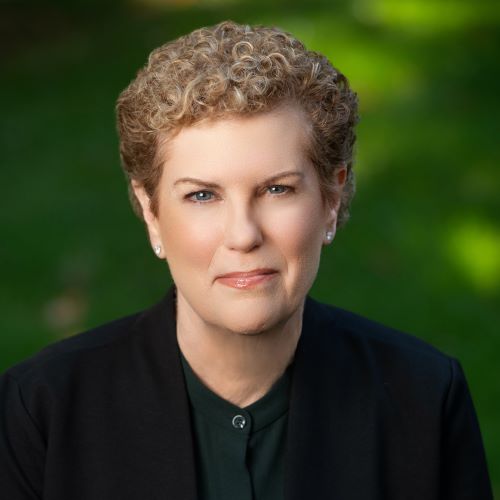Programs for Higher Education Administrators
Summer Institutes
June 28, 2026
A four-day residency at Brandeis for academic and student affairs administrators. Taught by academic and legal experts, the Institute covers the history of antisemitism, the varied and nuanced ways in which antisemitism affects higher education, and the results from current research and evaluative studies.
We also explore case studies and delve into antizionism and its relationship to contemporary antisemitism. In addition to providing another setting for Jewish communal partners to engage higher education leaders, participants acquire a toolbox of practices and actions to effectively confront antisemitism and are expected to implement a project or initiative on their home campuses.
Regional Higher Education Programs
March 11 - 12, 2026
This two-day intensive seminar is designed to equip senior administrators from Pacific Northwest public and private colleges and universities with the knowledge and tools needed to effectively address antisemitism in their campus communities.
Webinars

January 15, 2026
Pamela S. Nadell will discuss her new book, "Antisemitism, an American Tradition," which recounts the powerful story of antisemitism in America and how it has shaped the lives of Jews for almost four centuries.
Called “the book that the world needs now” (The Atlantic’s Franklin Foer), this “vital and unsettling new book” (Religion News Service) shows that freedom in America always came with conditions. When 23 Jews landed in New Amsterdam, Governor Peter Stuyvesant tried to expel them. Eventually, Jews would face restrictions on holding office, admission to schools, and employment in industry. Their cemeteries were vandalized; their synagogues bombed. Much later, white nationalists marching in Charlottesville chanted “Jews will not replace us.” A gunman murdered eleven worshippers on a Shabbat morning members at Pittsburgh’s Tree of Life synagogue building. Another gunman, boasting that he did it for Palestine, murdered a young couple leaving the Capital Jewish Museum.
Recounting this fraught history, "Antisemitism, an American Tradition" explores how Jews stood up against this hate, battling back though the law, associations, alliances, and sometimes with their fists.
 Presented by Professor Pamela S. Nadell, the Patrick Clendenen Chair in Women’s and Gender History at American University. Her book "America’s Jewish Women: A History from Colonial Times to Today" won the 2019 National Jewish Book Award’s Everett Family Foundation “Book of the Year” and was translated into Hebrew. The Wall Street Journal named her new book, "Antisemitism, an American Tradition" (W.W. Norton) to its October 2025 best books list.
Presented by Professor Pamela S. Nadell, the Patrick Clendenen Chair in Women’s and Gender History at American University. Her book "America’s Jewish Women: A History from Colonial Times to Today" won the 2019 National Jewish Book Award’s Everett Family Foundation “Book of the Year” and was translated into Hebrew. The Wall Street Journal named her new book, "Antisemitism, an American Tradition" (W.W. Norton) to its October 2025 best books list.
A past president of the Association for Jewish Studies, Nadell is a member of the Advisory Board planning the rebuild of Pittsburgh’s The Tree of Life. However, to her chagrin, she may best be known for testifying before Congress in the hearing with the presidents of Harvard, MIT, and the University of Pennsylvania.